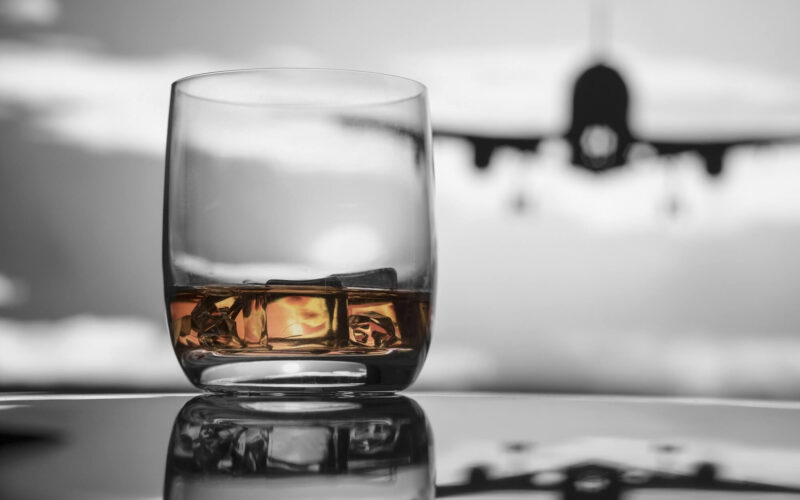India’s Directorate General of Civil Aviation (DGCA) is reintroducing mandatory alcohol tests for both flight and cabin crew as part of pre-flight and post-flight procedures. The decision has been taken in light of the fall in COVID-19 cases and an increase in the demand for air travel.
The aviation regulator, which announced the updated guidelines on September 14, 2022, ordering Indian-registered airlines to perform mandatory Breath Analyser Tests [alcohol test, ed.-] for pilots and cabin crew members on duty before and after each flight.
Following the guidelines, the intake of alcohol is forbidden within the 12 hours prior to a flight, The Economic Times reported.
If a crew member fails the test for the first time, then they will be suspended from duty for three months. However, if an employee repeatedly fails then they will be banned from operations for three years. If an employee fails the Breath Analyser Test three times, then they will risk permanently losing their flying license. According to DGCA, a person performing a Breath Analyser Test should be recorded by CCTV.
While the updated rule is set to come into force on October 15, 2022, it is not a new regulation for Indian air operators. The rule has been in operation for some time. However, during the peak of the global pandemic in 2020, the Delhi High Court limited testing to 50% of active crew members prior to and after flights. The measure was put in place to help control the spread of the COVID-19 virus.
The new guidelines are not the only new measure enforced to ensure the sobriety of personnel while on duty after the DGCA implemented random mandatory drug testing for ATC controllers, flight crew, and cabin crew members on January 31, 2022. The goal is to conduct checks on at least 10% of the staff. The test covers the usage of multiple psychoactive substances, including amphetamine, barbiturates, benzodiazepine as well as cannabis, cocaine, opiates, and metabolites.

